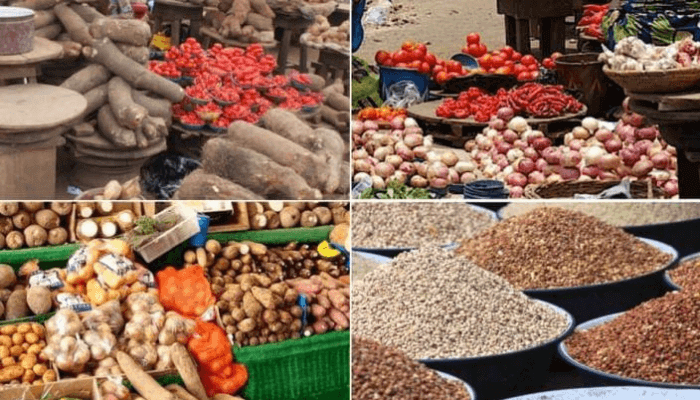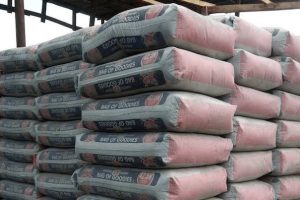
As of January 31, 2025, Nigeria continues to experience a sharp rise in the prices of staple food items, a trend that has worsened over the past year. The rising costs have placed immense financial pressure on households, increasing the risk of food insecurity for millions.
Current Prices of Key Commodities
Below is an overview of the latest prices for essential food items across Nigerian markets:
Rice
- 50kg bag: ₦78,000 – ₦96,000 (varies by brand and quality)
Beans
- Brown beans (Maiduguri, 50kg): ₦90,000
- Sweet pure butter beans (50kg): ₦160,000
Tomatoes
- Big basket of fresh derica tomatoes: ₦160,000
- Medium-sized basket of fresh tomatoes: ₦95,000
Garri
- 50kg bag: ₦55,000
Palm Oil
- 5-litre gallon: ₦10,500
Spaghetti
- Carton of Golden Penny Spaghetti (500g × 20): ₦28,000
Key Factors Driving the Price Surge
The rapid increase in food prices is being driven by several critical factors:
1. Flooding and Climate Disruptions
- Torrential rains and severe flooding across 29 out of Nigeria’s 36 states have destroyed over 1.5 million hectares of farmland, affecting more than 9 million people.
- The destruction of crops and farmland has significantly reduced food supply, leading to price spikes.
2. Currency Depreciation
- The Naira’s weakening against major currencies has increased the cost of imported agricultural inputs, such as fertilizers, machinery, and hybrid seeds.
- Many food items, particularly processed products, are affected by these higher import costs.
3. Inflationary Pressure
- Nigeria’s overall inflation rate remains high, pushing up the cost of goods and services, including food.
- Rising transportation costs, fuel prices, and logistics expenses have further contributed to food price increases.
Impact on Nigerian Households
The sharp rise in food prices has led to:
- Increased food insecurity: Around 25 million Nigerians are currently experiencing acute food and nutrition insecurity, and projections suggest this number could rise to 33 million by mid-2025.
- Struggles for low-income earners: Many Nigerians, especially those on fixed or low incomes, are finding it difficult to afford basic food items, increasing hunger and malnutrition rates.
Possible Solutions and Government Interventions
To address these challenges, experts and stakeholders are urging the government to:
- Boost local food production by investing in irrigation systems, modern farming techniques, and agricultural subsidies.
- Improve storage and transportation infrastructure to reduce post-harvest losses and ensure better food distribution.
- Strengthen currency stabilization policies to control inflation and reduce import costs.
- Provide targeted food aid and subsidies to vulnerable populations facing severe food insecurity.
The continuous rise in food prices presents a major challenge to economic stability and food security in Nigeria. Unless urgent action is taken to stabilize food production, enhance supply chains, and manage inflation, millions more Nigerians could be pushed into hunger and poverty in the coming months.





